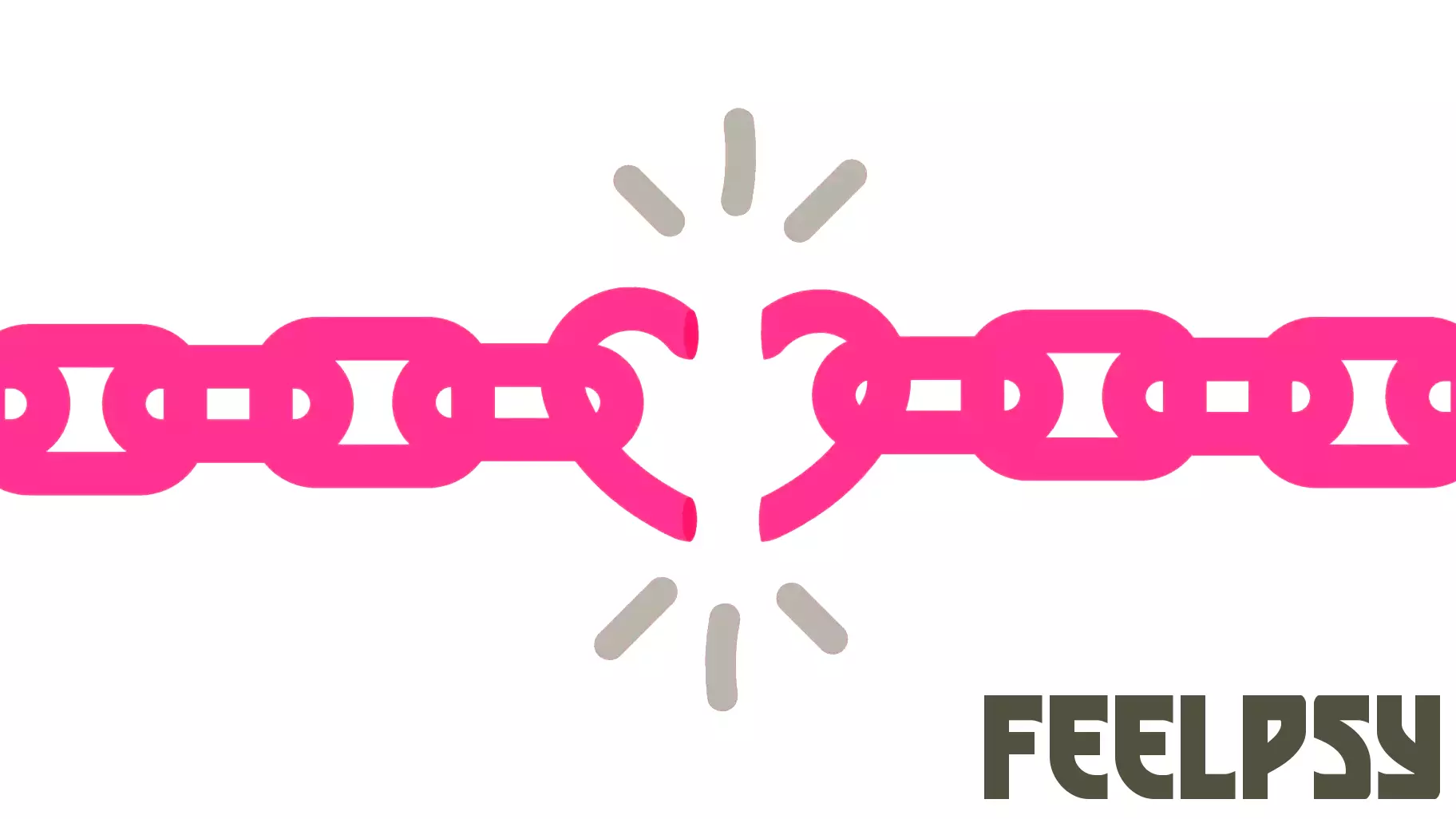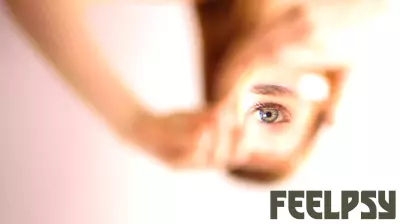Understanding the Emotional Impact of the "Broken Jewelry Theory" in Relationships
March 11, 2025 - 21:34

The "broken jewelry theory" offers an intriguing perspective on the dynamics of love, despite its absence of scientific validation. This concept suggests that the emotional scars from past relationships can resemble broken jewelry—pieces that can be mended but may still bear the marks of their history. Instead of viewing the end of a relationship as a failure, individuals are encouraged to use these experiences as opportunities for introspection and growth.
By embracing the idea of a relationship check-in, partners can assess their emotional needs and the health of their connection. This process can lead to deeper understanding and communication, allowing couples to address unresolved issues rather than letting them fester. Ultimately, the emotional impact of this theory serves as a reminder that endings can be transformative, paving the way for new beginnings and stronger bonds. In navigating love's complexities, acknowledging past hurts can foster resilience and lead to healthier relationships moving forward.
MORE NEWS

February 20, 2026 - 22:29
No, Family Estrangement Is Not a “Trend”The decision to cut off contact with a family member, often termed `no contact,` is frequently discussed in modern culture. However, framing this deeply personal and painful experience as a mere...

February 20, 2026 - 09:12
Frontiers | Social interactions and affective neuroscience personality traits among Chinese educators: a randomized intervention study on wellbeingA new randomized intervention study provides compelling evidence that structured social interactions can significantly enhance the wellbeing of educators and positively influence core personality...

February 19, 2026 - 20:56
Why Graphic News Stories May Not Be Safe for EveryoneThe recent widespread circulation of graphic material from the Epstein files has sparked a necessary conversation about media consumption and mental well-being. Experts are warning that constant...

February 19, 2026 - 16:28
Frontiers | How aging anxiety relates to self-rated health in middle-aged and older adults: the role of psychological pathwaysNew research delves into the complex relationship between the fear of growing older and how individuals perceive their own health. The study, focusing on middle-aged and older adults, reveals that...